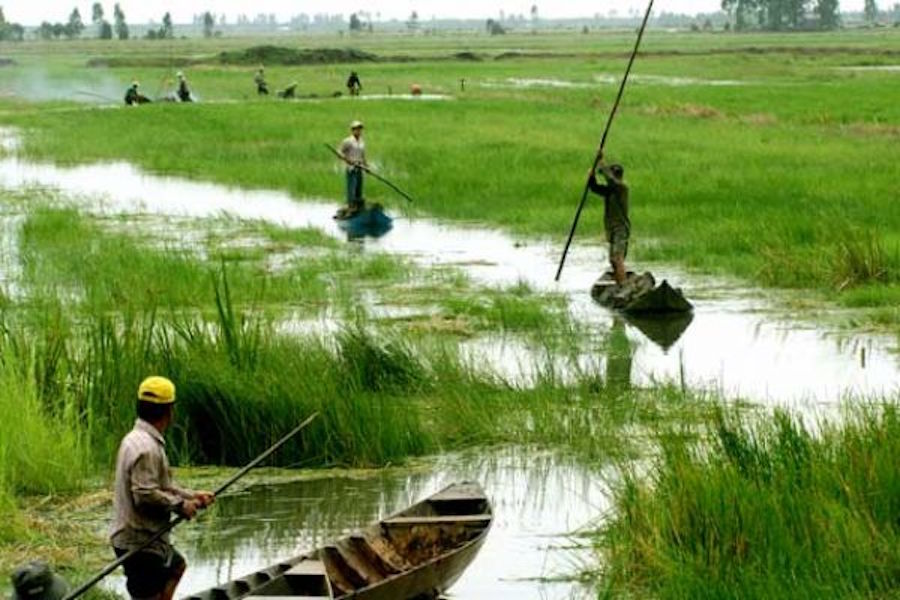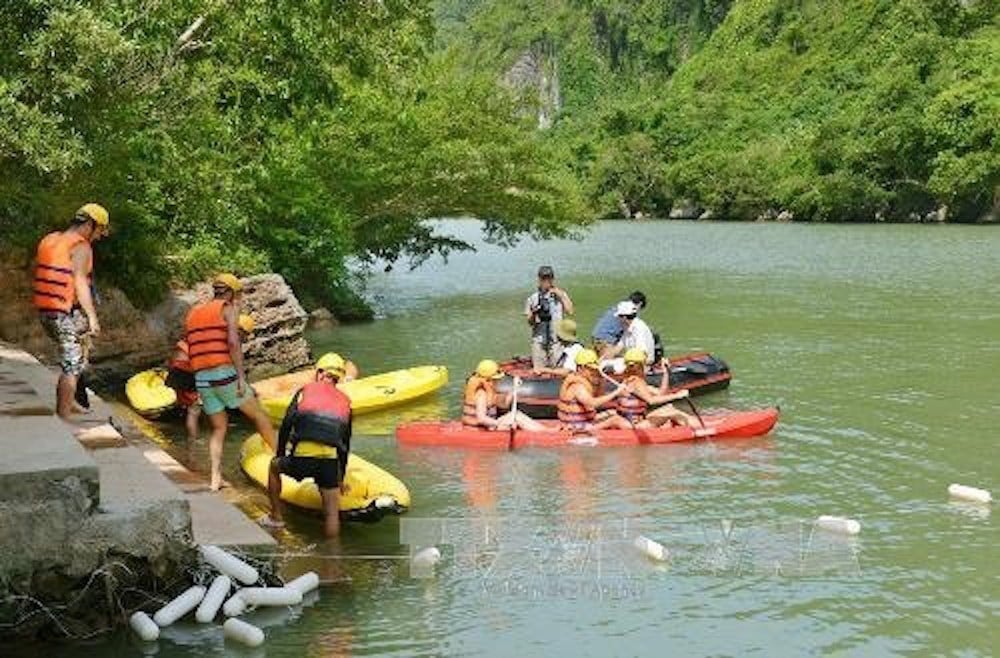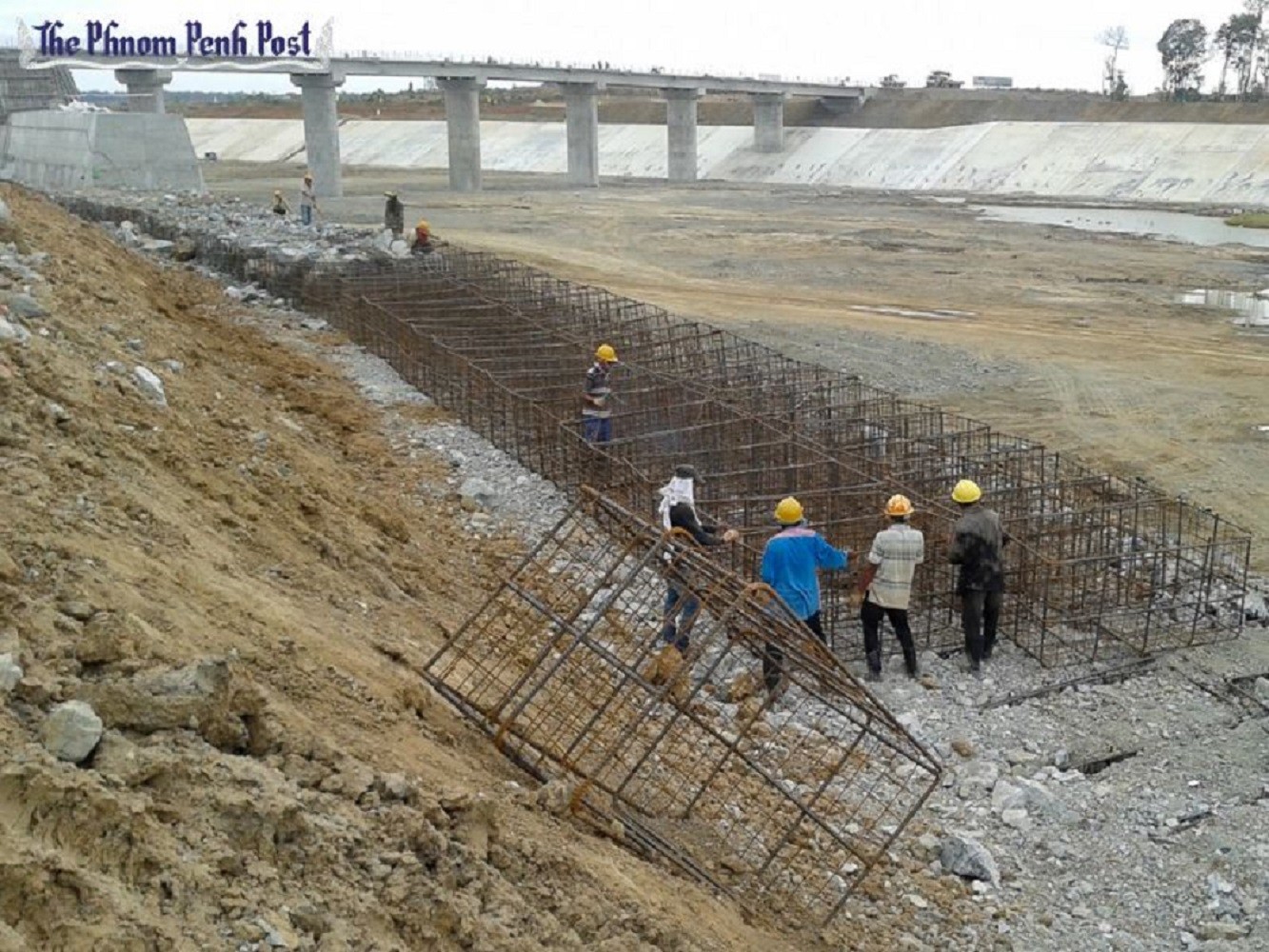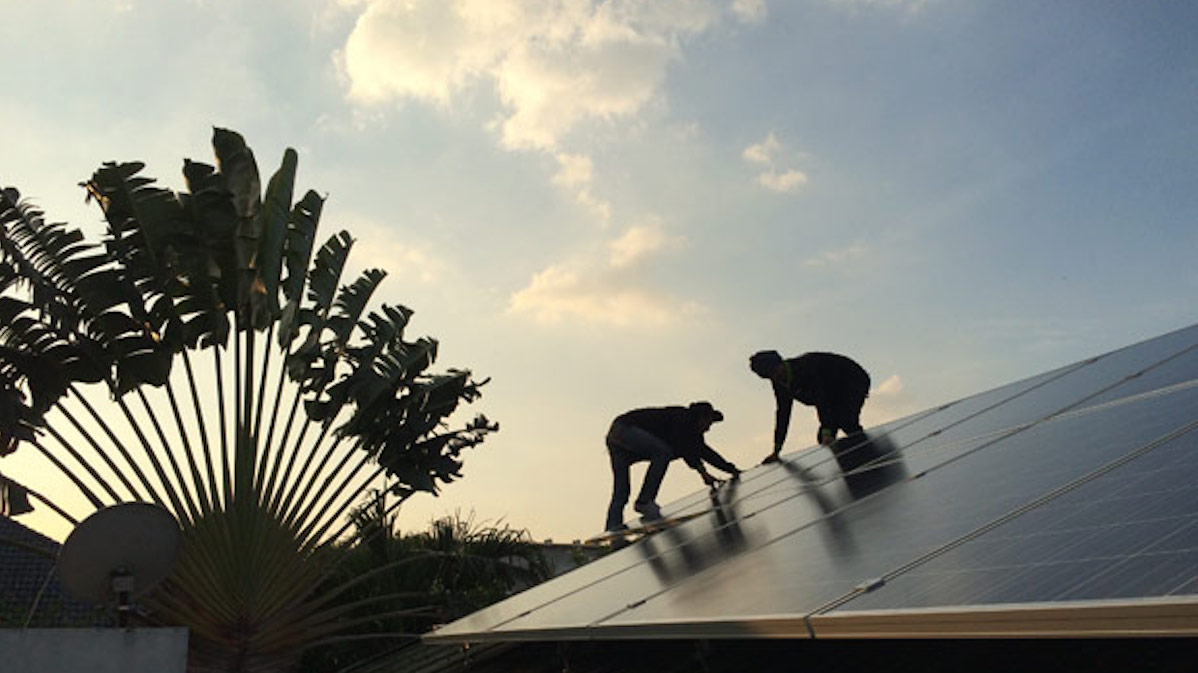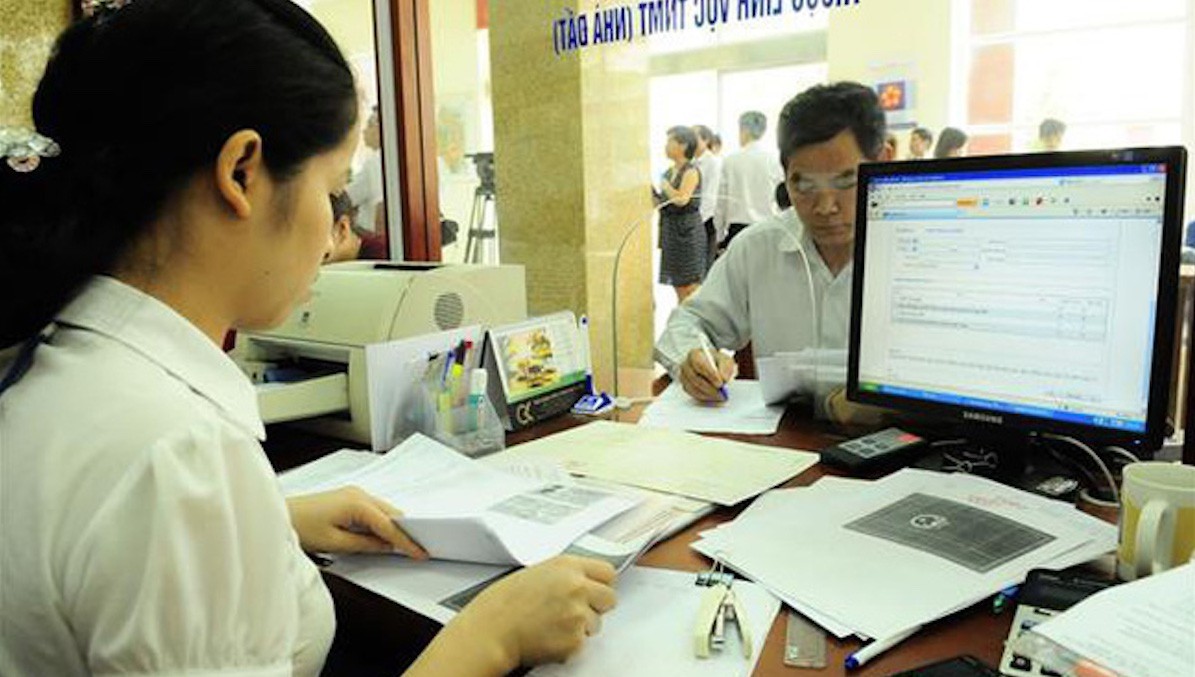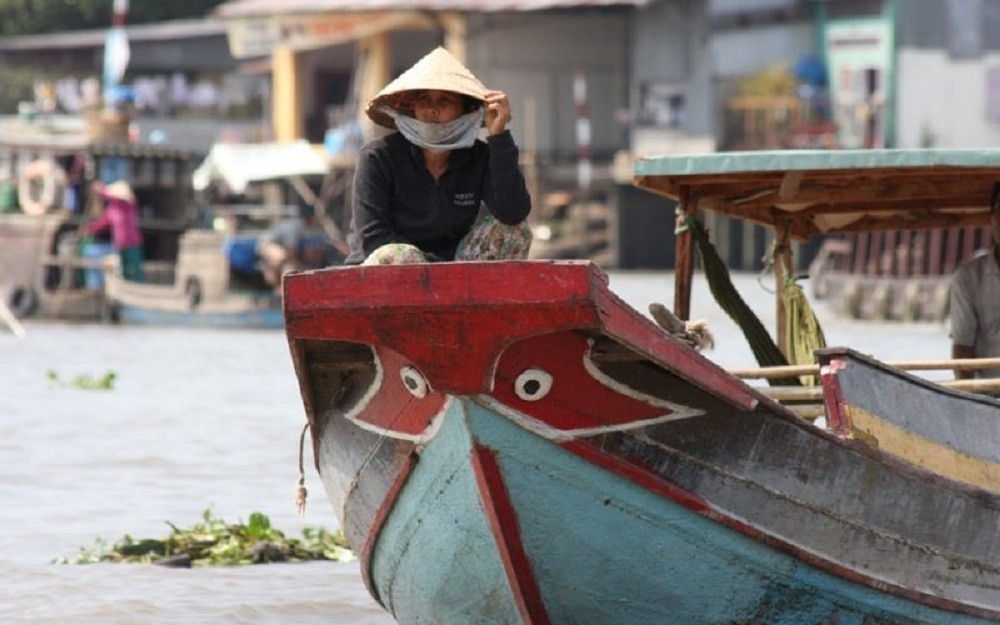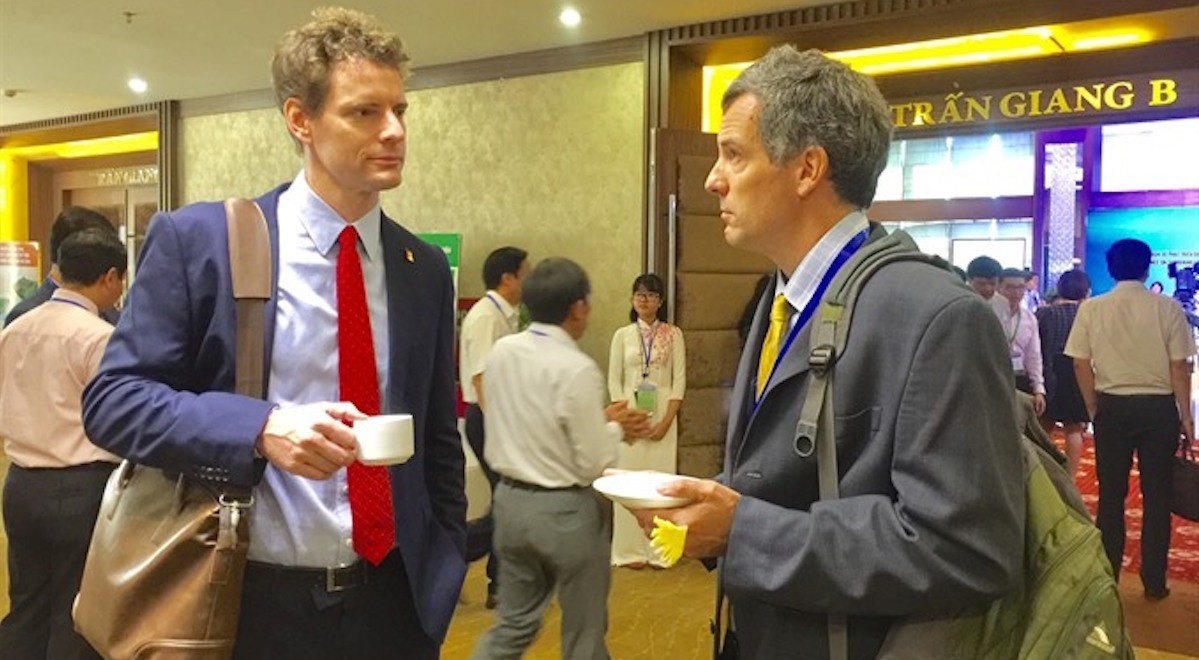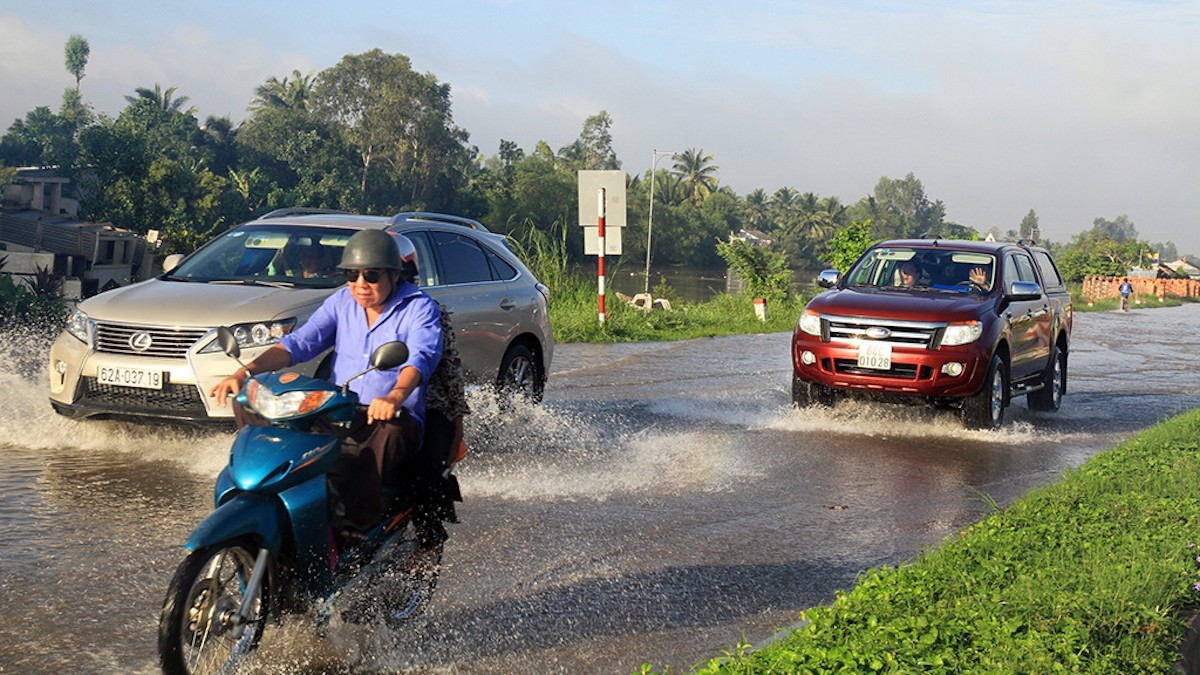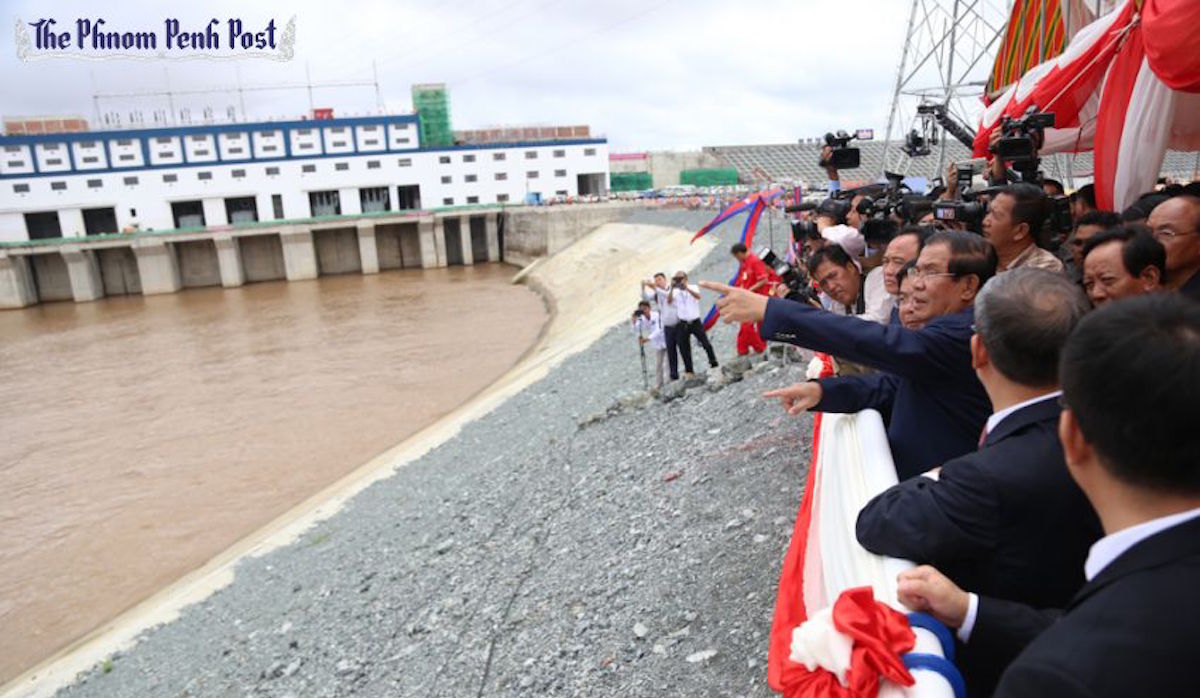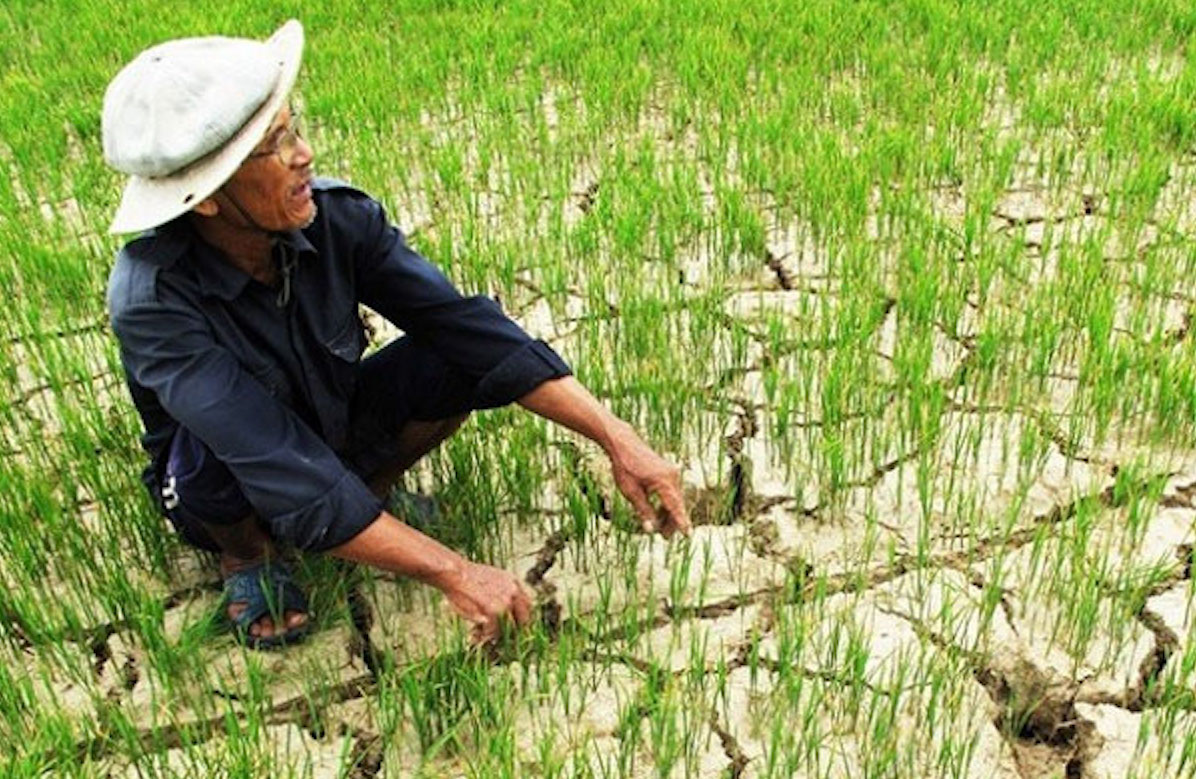To ensure food security, Mekong Delta only needs to grow 1.5 million hectares of rice and have two instead of three crops
Category: Viet Nam
Eco-tourism should not destroy biodiversity: experts
Most tourism projects in the country are implemented without conducting comprehensive environmental impact assessments: a conservation expert.
Flood control ‘lacking’
MRC’s study on the Sesan and Srepok noted “concern” at the lack of information and coordination on flooding forecasting, flood control and flood warnings in the rivers’ basins,
Mind the hype: Despite huge potential, solar energy in SE Asia is behind a cloud
Sunny Southeast Asia has double the solar energy potential of Northern Europe, but the market hype is not living up to the reality on the ground.
Ministry’s historic move eliminates hundreds of business prerequisites
Half of total business and investment necessary preconditions have been lifted under a MOIT decision, praised as a historic move that aims to create favorable conditions for businesses.
Mekong Delta faces three big challenges caused by climate change
Mekong Delta, the rice granary of Vietnam, is facing three challenges from climate change, unsustainable development and hydropower development, says local ecologist.
World focus on the Mekong Delta
According to studies, 39 per cent of the Mekong Delta could be underwater by the year 2100.
Vietnam’s Mekong Delta sinking at worrying rate: expert
Subsidence and rising sea level are threatening to sink the entirety of Vietnam’s Mekong Delta in the near future if preventive measures are not carried out quickly, an expert has warned.
Sesan dam goes online, while PM dismisses environmental concerns
The floodgates of the largest and most controversial dam project in Cambodia’s history officially closed yesterday. Prime Minister Hun Sen took aim at environmentalists, ambassadors and NGOs in a wide-ranging speech.
Gov’t seeks climate change breakthroughs
The biggest conference ever held on the Mekong Delta, occurring this week in Can Tho, is a chance for the Government to hear of breakthrough ideas on sustainable development in the southern region amid climate change threats.


